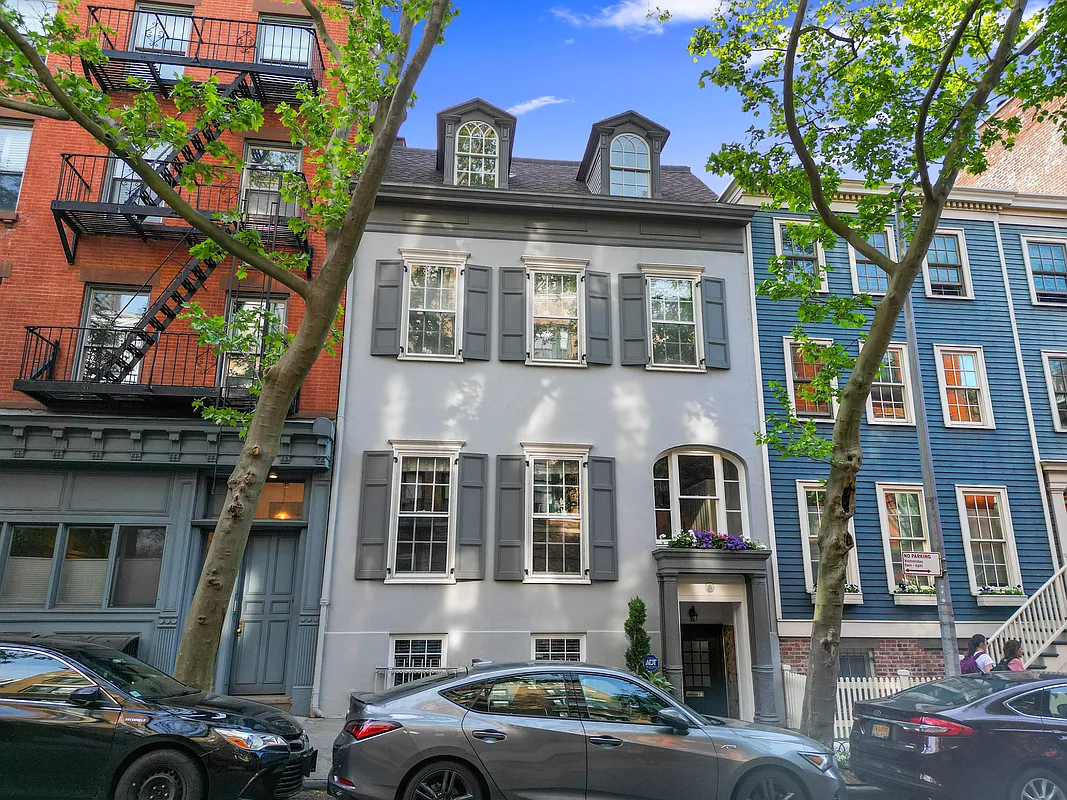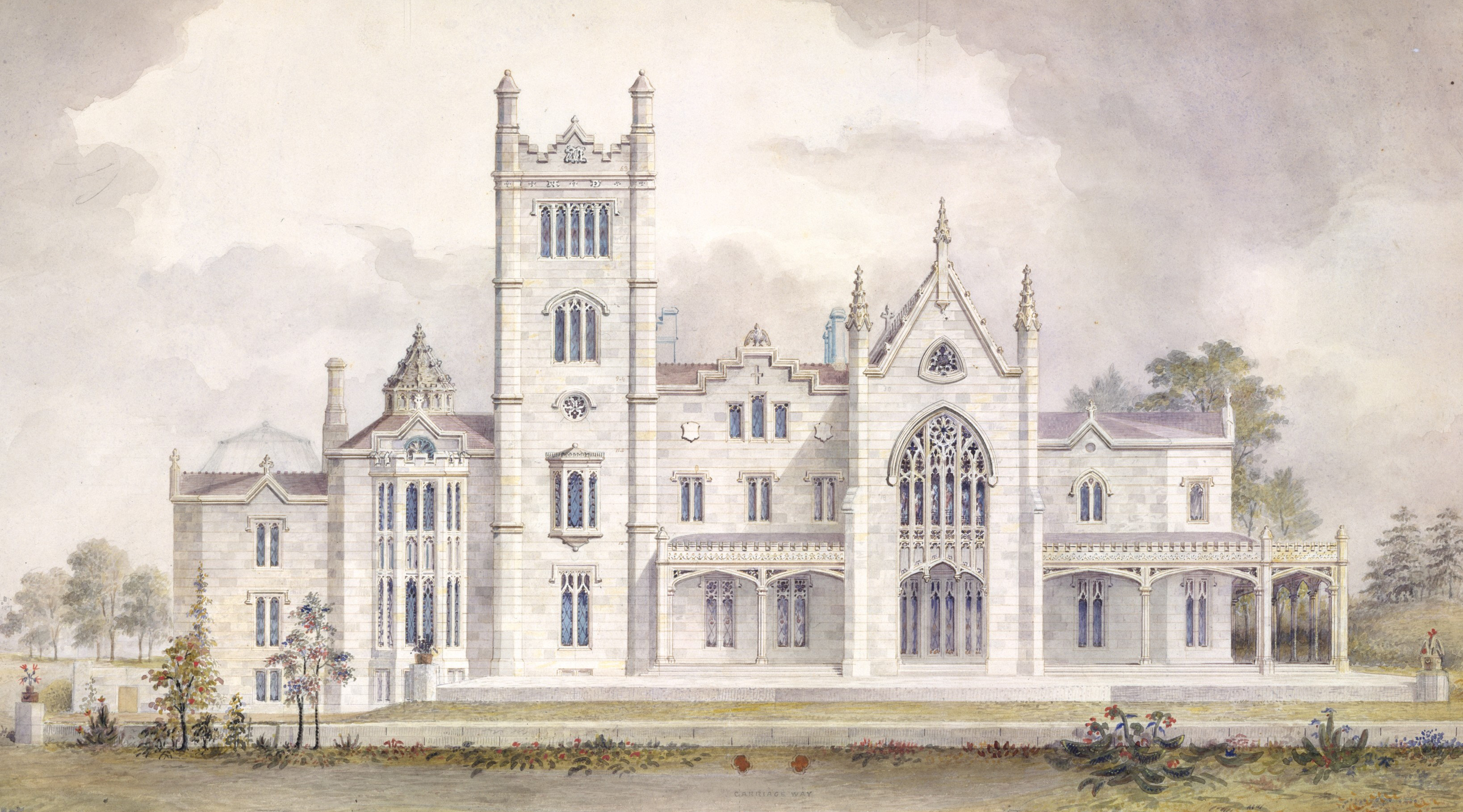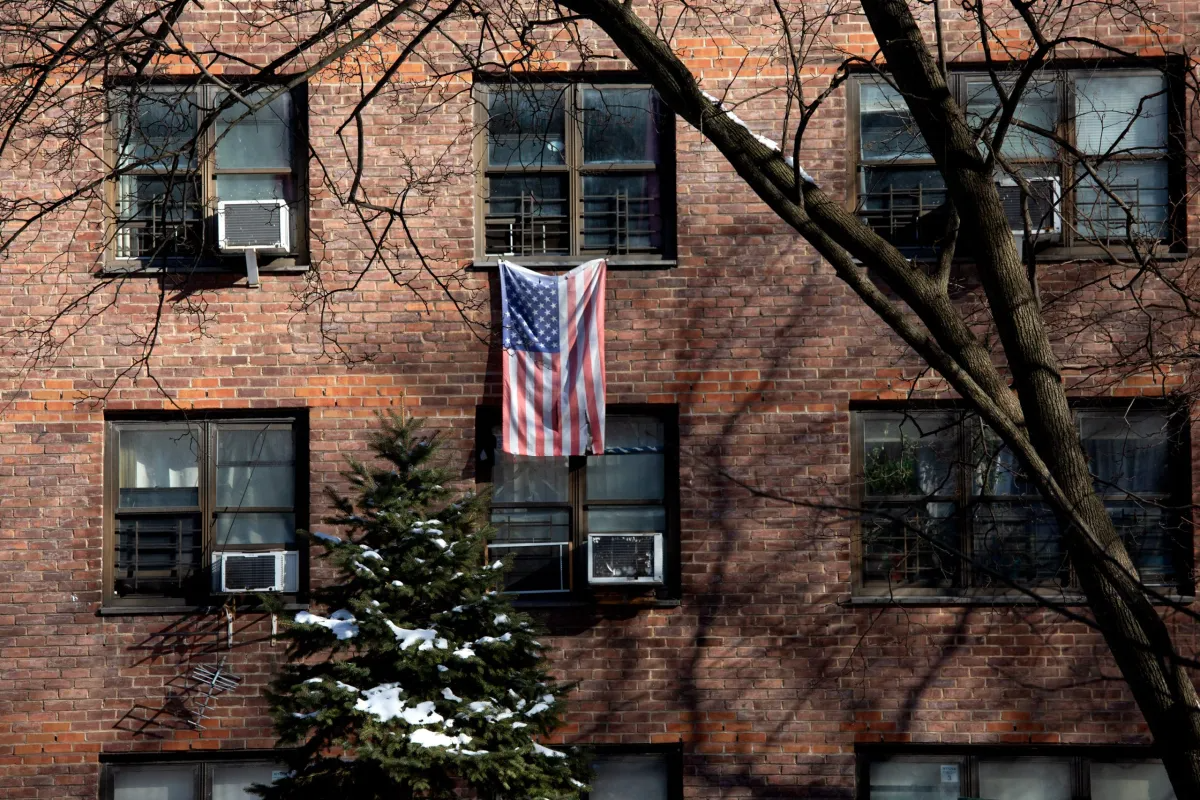Is It a Buyer's or Seller's Market in Townhouses?
Here’s an email we received from a reader this week: I was hoping you could foment some sort of discussion on the summer brooklyn townhouse market. I can’t really figure out what’s going on. It seems like a lot of stuff is left over from the spring, but then some great stuff just flies off…


Here’s an email we received from a reader this week:
I was hoping you could foment some sort of discussion on the summer brooklyn townhouse market. I can’t really figure out what’s going on. It seems like a lot of stuff is left over from the spring, but then some great stuff just flies off the shelf. I’ve been to dozens of open houses the past few weeks, some are empty, some are thronged. I can’t tell if it’s a buyer’s market or a seller’s market. It seems like a lot of people are waiting for the fall to see what comes on the market. What’s your sense?
Seems to us like there’s not a lot of good inventory and that buyers aren’t desperate enough to go for the crap. Your thoughts?
Photo by Da Nator





well if your husband is currently out of work and you REALLY are about to go into foreclosure, it’s a little funny to me that you’ve now spent the morning on brownstoner posting about it.
perhaps you need to head down to american apparel and see if they are hiring.
you know…whether some of these stories are true or not doesn’t really matter because they are true for some people.
the point is…americans…and new yorkers especially are so interested in aquiring the something bigger, something better, something more shiny, that it would not suprise me at all to find quite a few out of work freelancers with a million dollar mortgage.
this needs to be recitified. sad it’s having to happen through foreclosures, but perhaps if it permiates through our society enough, people will begin to realize what is really important in life.
cause believe it not, it ain’t home price appreciation as much as we all love it.
it would be great to get back to the days of talking about brownstones because we love them and not only talk about them as vehicles for money laundering.
not that stupid 12:17. my husband made 400k last year.
out of work and buying a million dollar home. smart. very very smart
12:18 PM, ha bloody ha. There’s no way you can be paying the note on a $3.2m manse with an income of under $95k.
12:14 – I fail to see why my story leaves you so incredulous. believe me, if I was inclined to tell a tale, it would be about something far more interesting than my arm mortgage. And 12:15, I wasn’t joking – it was simply an unthinking way of trying the convey the general sense that we are feeling the pinch. Sorry for my insensitivity.
My view is that what happen to NYC and Brooklyn will largely depend on where Wall Street is heading.
How much will Wall Street be affected by suprime mortgages issues?
How much will Wall Street be affected by other mortgages issues and lower real estate prices in the rest of the country?
Will the LBO boom stop and what is the effect on Wall Street?
What will happen to the dollar in general? What is the effect to Wall Street?
And so on, and so on…
My guess is that nowadays at least 25% of new buyers are more or less depending on Wall Street. Other guesses welcome.
If I look at a around 1mill house in Terrytown to Croton-On-Hudson area and what I can get in Brooklyn for it, I have to say (even after factoring RE taxes – don’t forget City Tax in NYC) Westchester looks promising… (Not saying I am ready for it – yet)
another thought on suburbs and philadelphia.
i want to live in a place where i don’t find myself wanting to spend my days reading and posting on a blog about a place that i left because i kept telling myself i didn’t want to live there anymore but obviously do.
if i moved to philly or nj and spent my days on brownstoner, i’d feel unsatisfied.
Re 12:11–
The Countrywide comment was about PRICE DECLINES not foreclosures. From today’s NYT:
“Countrywide’s chairman and chief executive, Angelo R. Mozilo, said home prices were falling “almost like never before, with the exception of the Great Depression.†Nationally, home prices have not fallen in the 35 years or so that the government and private services have tracked them. Some researchers like Robert J. Shiller of Yale have compiled data that goes as far back as 1890 and shows that home prices fell for several years during the 1930s.”
If the Times got it wrong, mea culpa for believing them.